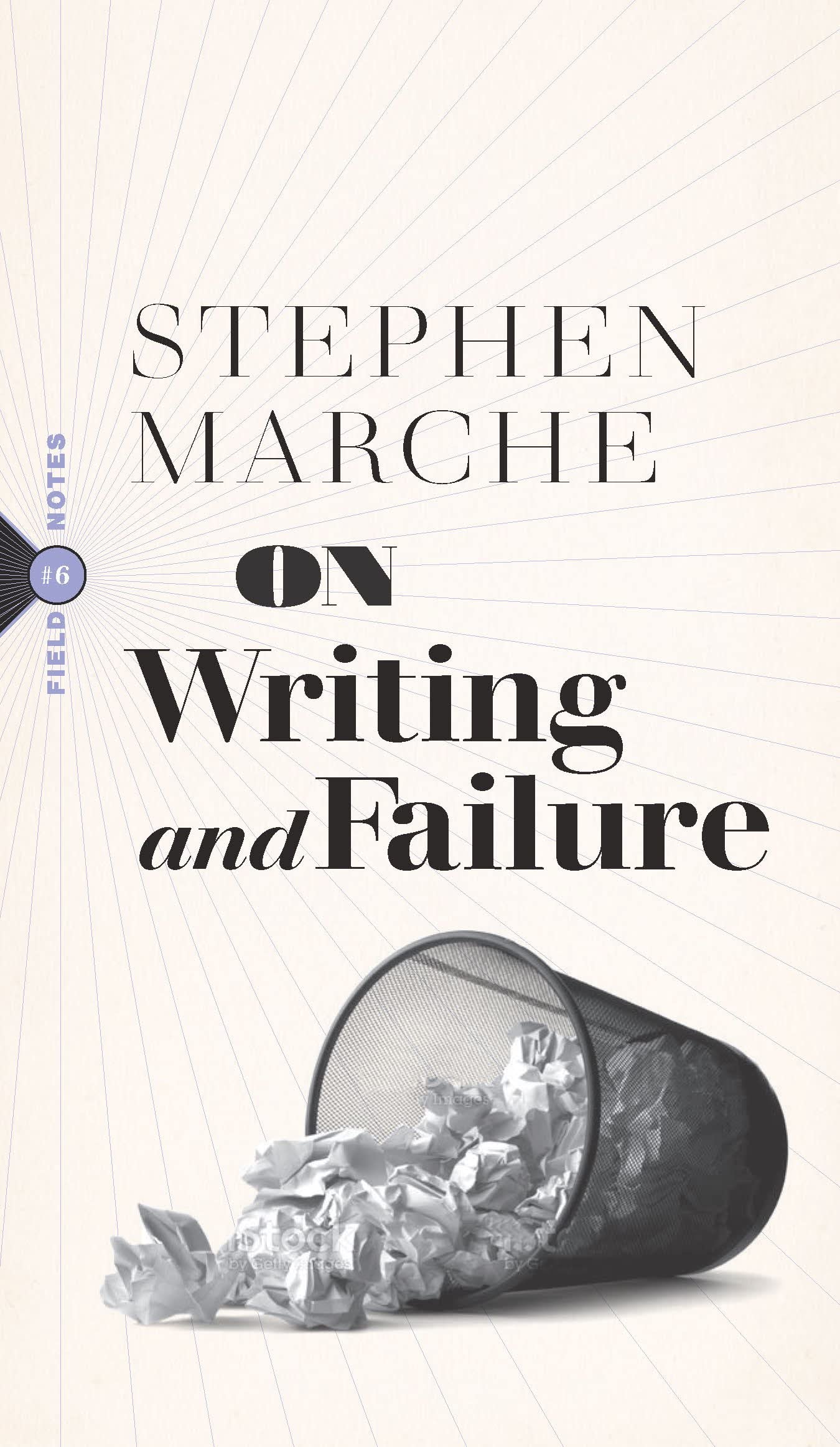What do you think?
Rate this book


88 pages, Paperback
First published February 14, 2023
But instead, I advise anybody thinking about reading this to go outside. Walk your dog. Get engulfed in pollen. Sneeze. Watch Vanderpump Rules. Bask in masterful storytelling. Life is beautiful.
A hundred million dollars is worth having, to be sure, but it doesn’t protect you from the sense that you’ve been misunderstood, that the world doesn’t recognize who you are.